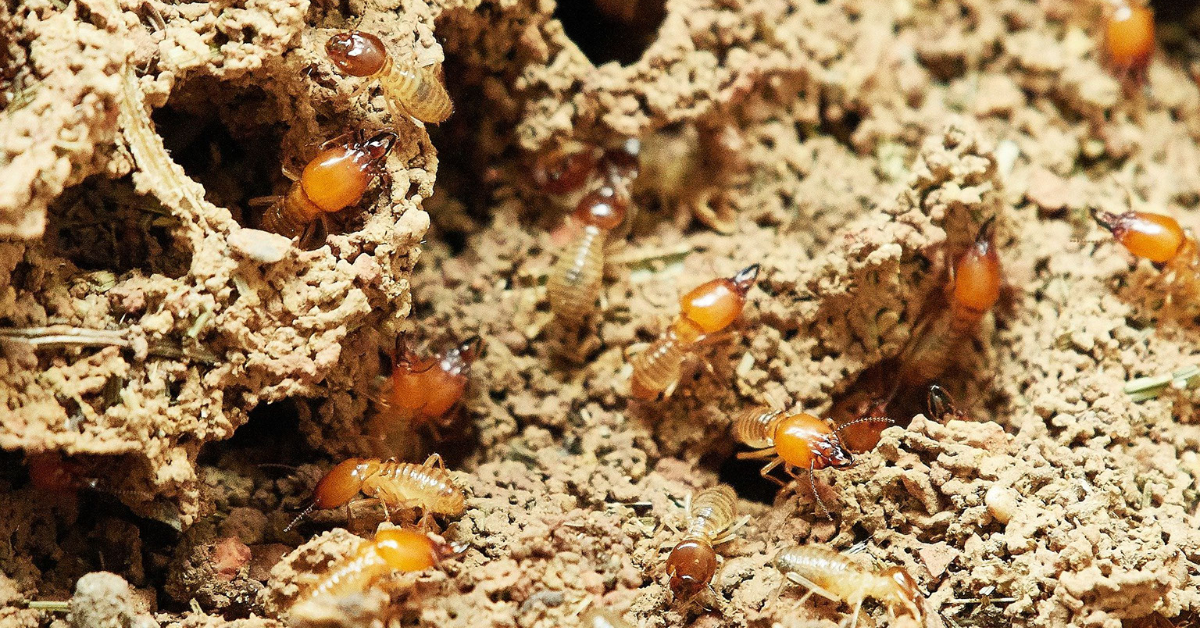The Colorado State University Extension Office has an extremely handy calendar listing all the pests in the Denver area you should keep an eye out for around your home and garden.
Here are their notes on the pests you might see emerging around your home in the Denver area in early and late March…
Denver Area Pests of Early March
Household Insects
Boxelder bugs, cluster flies: Overwintered adults become active in and around homes.
Clover mites: Migrations of mites from lawns into buildings may begin at this time, during warm days
Winged termites: Winged reproductive stages continue to swarm in late winter.
Firewood insects: Bark beetles and wood borers emerge from stored wood in homes.
Ants: Foraging by field ants for sweet materials intensifies in homes.
Trees/Shrubs
Poplar twiggall fly: Larvae begin to leave galls and pupate in soil at the base of trees.
Oystershell scale: Scrape scales with eggs off limbs of aspen, ash and other host plants.
Ips beetles: Ips (engraver) beetles may be active during warm periods. Spruce and pines in high risk sites may need protection.
Lawns Clover mites: Mites are actively feeding on lawns near buildings and shrubs during warm days.
Nightcrawlers: Tunneling activities during spring can create lumpy lawns.
Vole injury: Tunneling injuries in lawns and girdling of shrubs may be evident as snow melts.
Denver Area Pests of Late March
Household/Miscellaneous
Flickers: Males are actively drumming on buildings and defending territories during mating season.
Ants, clover mites: Movements indoors continue.
Trees/Shrubs
Poplar twiggall fly: Larvae continue to leave galls and pupate in soil at the base of trees.
Dormant oils: Many insects that winter on plants can be controlled with dormant applications of horticultural oils.
Pinyon needle scale: Females produce cottony egg sacks on branches and trunk.
Ips beetles: Ips (engraver) beetles may be active during warm periods. Spruce and pines in high-risk sites may need protection.
Southwestern pine tip moth: Adults begin to emerge from pupae at the base of trees.
Spider mites on juniper: Spring populations may begin to increase; monitor plants.
What to do if you need help:
Here at Pure Pest Co. we’re always ready, willing, and able to help keep your home pest free. Give us a call at 720-325-4500 or contact us through our website to schedule your service today!







